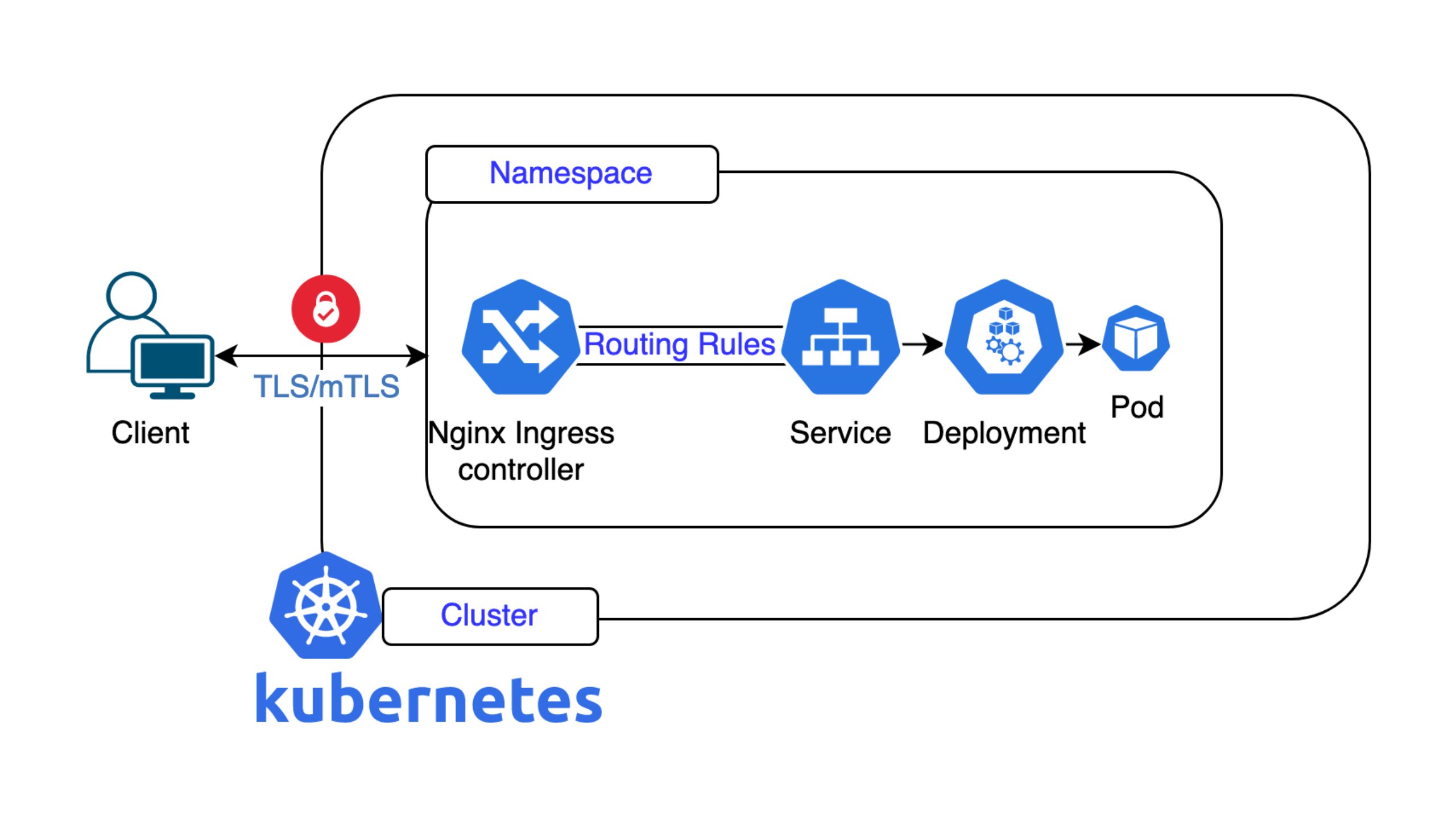Managed Service Providers are indispensable service providers and partners for a large number of companies of different sizes. They deal with various issues relating to the provision and operation of IT infrastructure, applications, or cloud services. External service providers relieve their customers of many of the burdens of IT operations and management and ensure that the companies can concentrate fully on their core value creation. Finding and selecting the right Managed Service Provider is no easy task and in Switzerland, numerous providers with different service portfolios are trying to win the attention of their customers.
The following article is intended to provide you with assistance in choosing a suitable Managed Service Provider. We explain what an Managed Service Provider is, how it differs from a CSP (Cloud Service Provider), and what benefits an Managed Service Provider offers. A checklist in the form of a questionnaire provides you with important criteria to consider when selecting a Managed Service Provider.
Definition Managed Service Provider
Managed service providers have been present in the IT environment for several decades. Although their service portfolio has changed over the years, the basic tasks have remained the same: A Managed Service Provider provides their customers with precisely defined, ongoing IT services, however the nature of the services may be very different. Typical IT services of an Managed Service Provider are the operation of servers or networks, the provisioning of storage solutions, software maintenance, and more. For example, the service provider takes care of the monitoring and debugging of the IT systems. Managed Services differ from outsourcing in that they do not involve the outsourcing of the entire IT system, but only services that are precisely defined in terms of size and scope and specific IT divisions.
Managed Service providers offer services either directly on premises for the customer, via remote management solutions, in their own data centers or in cooperation with other providers. Due to the success of cloud computing, more and more cloud services have been added to the offerings of Managed Service Provider in recent years. In this context, the term Cloud Service Provider (CSP) has become established.
Differentiation of the Managed Service Provider from the Cloud Service Provider (CSP)
Even if the boundaries are sometimes blurred and some providers tend to call themselves Managed Service Providers or Cloud Service Providers for marketing reasons, the two types of providers can be distinguished in terms of their basic service orientation. The term Managed Service Provider should be seen as a kind of generic term. An Managed Service Provider takes care of the complete range of IT functions and services, from hardware and IT infrastructure to software and the application level. Managed cloud services are usually also part of his product portfolio. A CSP, on the other hand, specializes in managed cloud computing services. They offer cloud-based services such as Infrastructure as a Service (IaaS), Platform as a Service (PaaS) or Software as a Service (SaaS) from a private or public cloud. Typically, they either operate these cloud services themselves or cooperates with one or more major cloud providers. A CSP is unlikely to take care of tasks such as troubleshooting a defective router, server, or PC at the customer’s premises. Only one Managed Service Provider covers the complete IT portfolio of on-premises, off-premises, and cloud services.
Why do you need a Managed Service Provider and what are concrete Use Cases?
Only a few small and medium-sized enterprises (SMEs) have IT know-how as one of their core competencies. In most cases, the variety of technologies, equipment, and IT solutions is very complex and goes beyond the IT knowledge of SME employees. This is completely normal – if you are not working full-time on a specialist IT topic, you will hardly be able to keep up to date with regard to technology and cybersecurity. Hardly any other industry has so many innovations and developments.
A Managed Service Provider covers the complete portfolio of IT services, has well-trained specialists, and has the necessary experience to operate devices and applications securely in a highly available manner. The number of possible use cases is almost unlimited. For example, an Managed Service Provider takes over the fully managed operation of virtual or dedicated servers. The customer himself only has to take care of his application and is relieved of all monitoring, maintenance, operation, and fault clearance tasks. The provider reacts at short notice to known security gaps, creates data backups, and carries out data recovery after faults. In addition, the provider maintains replacement hardware available and provides user support. Examples of other typical use cases for an appropriate use of a Managed Service Provider are:
- Providing and operating a web server or a content management system for your own internet presence
- Providing and operating a content delivery network for the fast delivery of online content
- Operation of cloud-native applications in a managed container platform orchestrated via Kubernetes
- Providing and maintaining storage space for legally compliant archiving of data
- Providing security services such as firewalls, antivirus and anti-spam functions
- Managed protection against cyber threats such as DDoS attacks
- Providing and operating physical or virtual desktop services including user support
- Providing and operating database services
Checklist: How do I choose a suitable Managed Service Provider?
When choosing a suitable Managed Service Provider, a few criteria should be considered. After all, the service provider is entrusted with services that are important for the operation and handling of business processes. The following checklist provides important questions that must be answered with yes when selecting a suitable Managed Service Provider:
1) Does the Managed Service Provider offer the required services and is the price right?
The service catalogs and prices of Managed Service Providers sometimes differ significantly. Every service provider offers different ranges of services and features for different prices making comparisons sometimes challenging. It is therefore important to check whether the services to be transferred are included in the provider’s product portfolio. They should be flexibly adaptable to the needs of the company and correspond to the price expectations.
2) Does the Managed Service Provider have a broad, manufacturer-independent portfolio?
In addition to the scope of the services offered, the portfolio’s vendor independence is an important selection criterion. Those who only offer products from one manufacturer or cloud provider are limited in their ability to find optimal, manufacturer-neutral solutions for the individual requirements of their customers. Only vendor-independent providers, i.e. those who also provide DevOps and tailor-made solutions, are able to deliver individual solutions.
3) Can individual Service Level Agreements (SLAs) be agreed upon?
SLAs define the exact content and scope of services. Important components are for example availability, fault clearance times, or responsibilities. An Managed Service Provider should offer their customers the opportunity to agree with service level agreements that are tailored to individual needs.
4) Does the size and structure fit the company?
Anyone who chooses a globally active Managed Service Provider and whose customers are mainly large corporations, should not be surprised if their medium-sized company does not receive the desired attention from the provider. The size and organizational structure of the provider should fit the size of the company.
5) Does the Managed Service Provider have sufficient know-how and experience?
Managed Service Provider is not a protected phrase. Any provider of IT services can use this term. This makes it all the more important that sufficient know-how, experience, and employees are available to meet the customer’s requirements. Provider references are a good way to get an overview of experience. For example, does the customer support companies that have similar company size, industry orientation, or technological requirements as his own?
6) Are the customer’s personal contacts available?
The service of an Managed Service Provider stands and falls with personal contact. Optimal is personal, holistic support in one’s own national language with fixed, local contact persons. Those who are assigned different phone contacts for each problem and have to explain their concerns in a foreign language first, definitely need more time and have patience. In the ideal case, the contact person knows the customer and the services sold to him exactly and answers all questions already at the first contact.
7) Is fast round-the-clock support guaranteed?
An IT failure can result in immense losses for a company. It is, therefore, all the more important that competent help is available 24×7. An Managed Service Provider can be contacted by his customers around the clock, if desired, with specialist support staff.
8) Is the security of the data guaranteed?
Critical or sensitive personal data is often entrusted to the Managed Service Provider. The customer must trust his provider with regard to data protection. Important legal regulations such as the EU Data Protection Basic Regulation (EU-DSGVO) and national guidelines must be observed. The service provider must be able to provide evidence, for example, of where the data is stored and how it is protected against unauthorized access. Ideally, all data and applications should remain hosted in Switzerland.
9) Is the Managed Service Provider certified?
Important quality criteria for Managed Service providers are certifications according to common IT standards and norms. These include, for example, ISO 27001 certification for the existence of an information security management system, ISO 27018 for compliance with data protection requirements within a cloud or ISAE 3402 for internal control systems (ICS).
Conclusion
The above checklist should help you in your search for a suitable Managed Service Provider that meets your individual requirements.
The Nine cloud navigators are the right partner for many Swiss companies.
They provide a personal contact person who takes over the entire administration, coordination and configuration for his customer. Direct contact to the engineers is a matter of course for the Nine cloud navigators. The service portfolio ranges from the physical provisioning of servers and their networking to the support of the installed software at application level. Continuous monitoring ensures proactive problem management. Suitable cloud solutions such as the Nine Managed GKE (Google Kubernetes Engine) are also available. The comprehensive cloud services enable a smooth relocation of customer workloads to the cloud.
The Managed Services and Sales team of the Nine cloud navigators are available at any time to answer your questions about Managed Services.






























